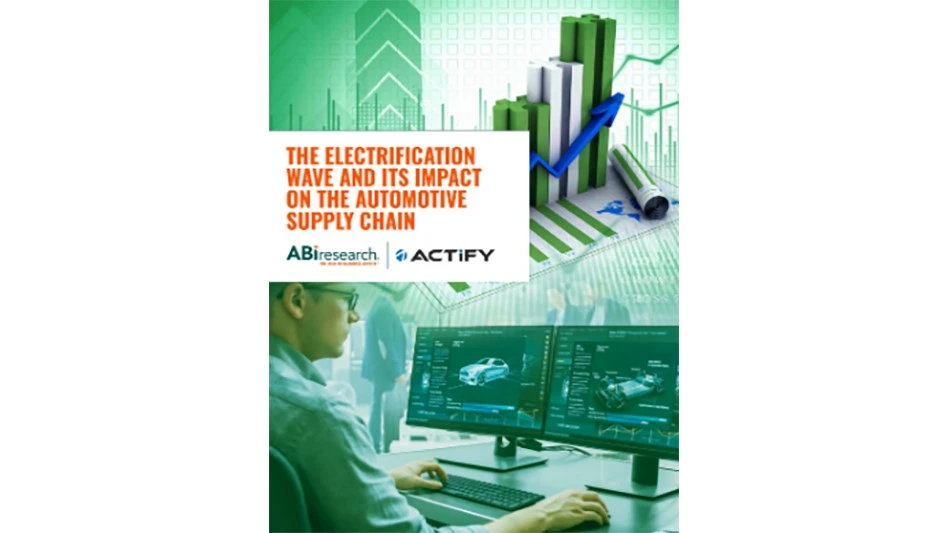
Auto OEMs to invest $515 billion in EV-related technologies and upgrades but supply chain challenges remain
A new whitepaper explores the impact the EV transition will have on the automotive supply chain and recommends how OEMs and suppliers can act now to avoid substantial operational disruptions.
